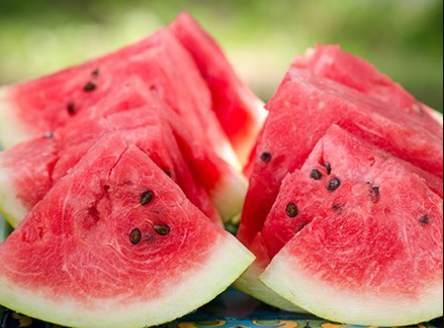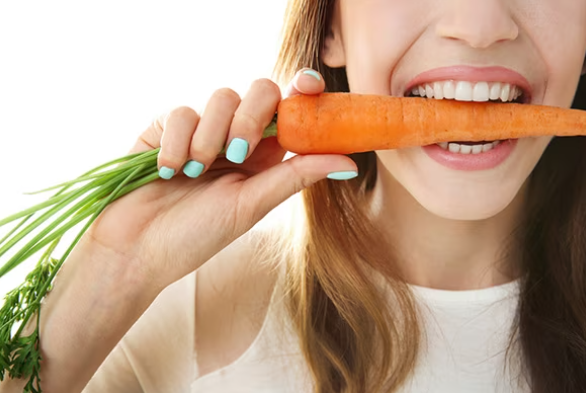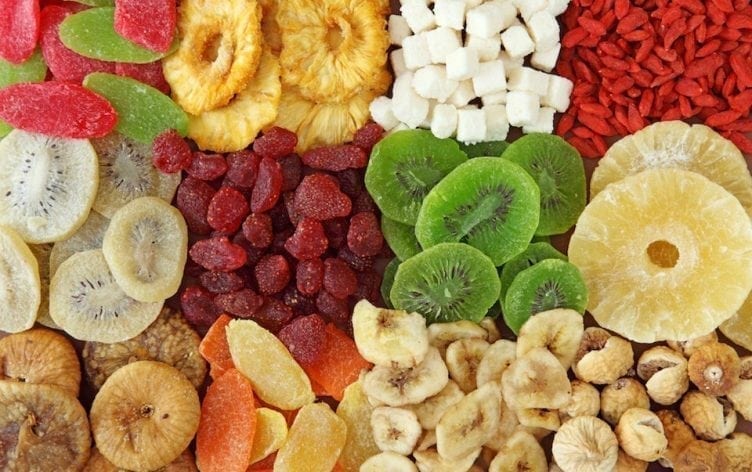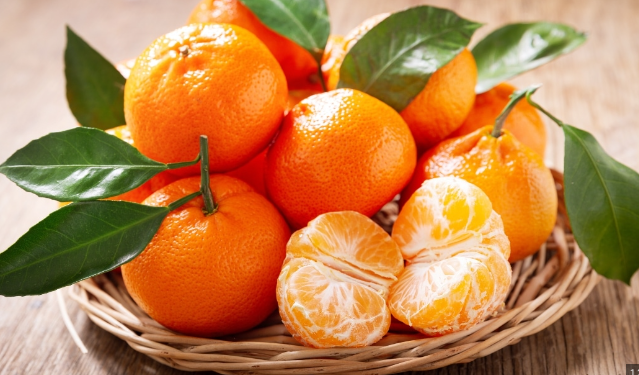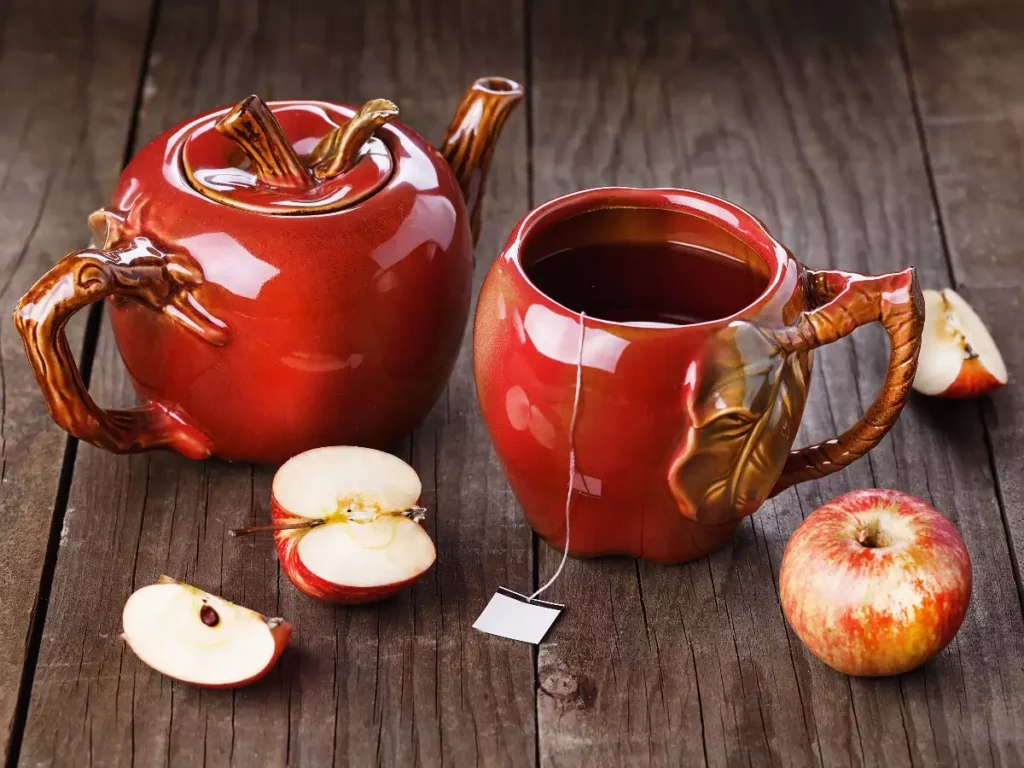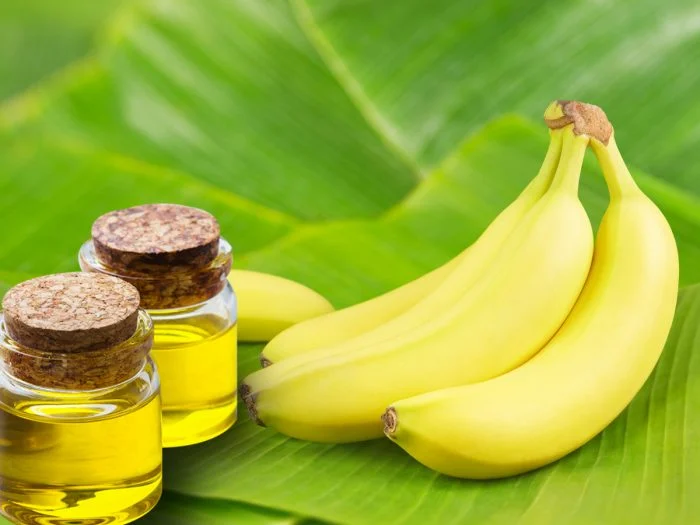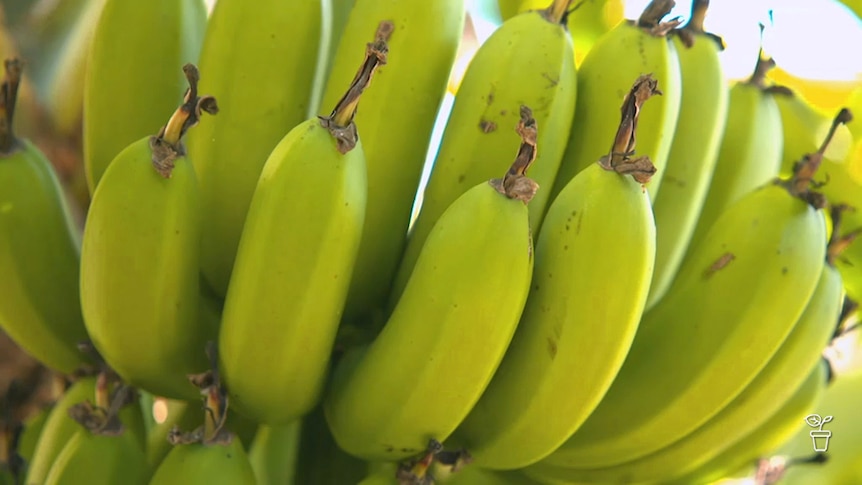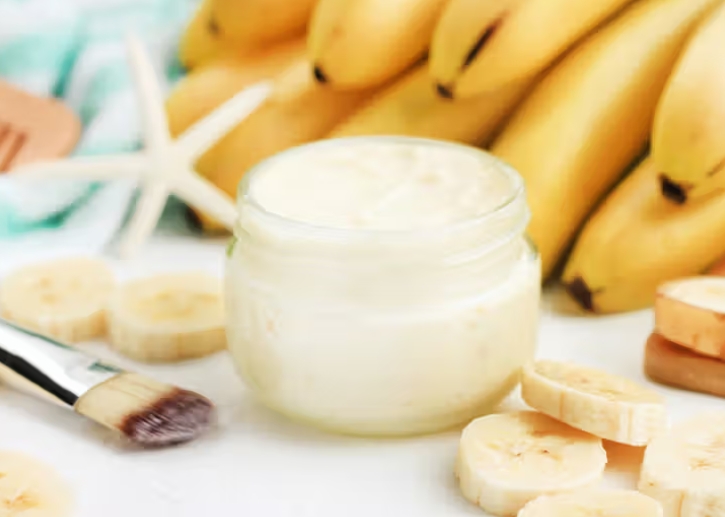If you have irritable bowel syndrome (IBS), you know it can cause discomfort like stomach pain, bloating, and changes in how often you go to the bathroom. Though IBS won’t hurt you in the long term, it can really affect your daily life. People with IBS often work hard to find ways to feel better and control their unpredictable symptoms.
There’s no one-size-fits-all fix for IBS, but you can make changes such as handling stress better, staying active, and eating differently to improve your situation. Knowing which foods to eat and which to steer clear of is very important. This brings up a big question for those with IBS: are bananas a good food to eat?
Bananas aren’t just tasty; they’re full of healthy things like vitamins B6 and C, potassium, and fiber. Potassium helps keep your nerves working right and your blood pressure steady. Plus, the fiber in bananas makes going to the bathroom easier and can help if you’re constipated.
Table of Contents
- Is it OK to Eat Bananas if You Have IBS?
- Resistant Starch: A Gut-Friendly Carb in Bananas
- Using the BRAT Diet to Control Diarrhea
- Bananas: An Easy and Flexible Snack for IBS
- Bananas and Constipation: Helping Things Move Along
- Be Careful: Bananas and Your Individual Triggers
- Try Other Foods Too: Keep Your Diet Diverse
- To Sum Up: Bananas Can Be Part of Managing Your IBS
Is it OK to Eat Bananas if You Have IBS?
The short answer is yes, bananas are usually OK for IBS. Bananas have low levels of fermentable carbs, so they’re less likely to cause trouble in your stomach. This means they may help prevent discomfort like bloating and gas.
Resistant Starch: A Gut-Friendly Carb in Bananas
Bananas have a cool feature: they change as they get ripe. Green, unripe bananas are full of resistant starch. This type of starch is like food for the good bacteria in your gut. When bananas ripen, the resistant starch turns into sugars that are easier to digest. Whether you like your bananas just a bit green or fully ripe with spots, they can be helpful for easing IBS troubles.
Using the BRAT Diet to Control Diarrhea
If you have diarrhea because of IBS, the BRAT diet, which stands for Bananas, Rice, Applesauce, and Toast, might be suggested for short-term relief. Bananas are a main part of this diet and help make your stools firmer and calm down an upset stomach. They have substances like pectin and soluble fiber that soak up extra water in your intestines, which can really help when you have diarrhea.
Bananas: An Easy and Flexible Snack for IBS
Adding bananas to your day can be enjoyable. They’re an easy snack to grab and eat when you’re on the move, with no need to peel off any packaging or prepare them in a special way. For someone with IBS, chewing on a ripe banana can be a great way to keep your energy up and get important nutrients and natural sugars at the same time.
Bananas and Constipation: Helping Things Move Along
If constipation is part of your IBS issue, bananas might be the answer. Their fiber can help your bowels move more regularly. Eating bananas, along with drinking plenty of water, can make going to the bathroom less of a struggle and help your digestive system stay on track.
Be Careful: Bananas and Your Individual Triggers
Even though bananas are usually good for IBS, everyone’s digestive system is different. Some people with IBS might find bananas make their symptoms worse, especially if their bodies are sensitive to foods high in potassium. If bananas don’t agree with you, it’s best to stop eating them and look for other options.
Try Other Foods Too: Keep Your Diet Diverse
While bananas are good for many reasons, eating a variety of foods is still important for your health. Make sure to eat different types of low-FODMAP foods so your body can get a range of nutrients. Try to include other fruits, veggies, lean proteins, and grains that don’t have gluten in your meals for a well-balanced diet that helps with IBS.
To Sum Up: Bananas Can Be Part of Managing Your IBS
Bananas can be a great food to include in your strategy for handling IBS. They’re easy on your stomach, full of nutrients, and can help with both diarrhea and constipation. You can eat them by themselves, blend them into smoothies, or use them as toppings. They fit into many tasty foods.
Don’t forget, though, that taking care of IBS is a personal thing. Pay attention to how your body reacts. Although many people can eat bananas without problems, they aren’t the best choice for everybody. It’s a good idea to write down what you eat and how it affects your IBS, including bananas, to see what works best for you.
